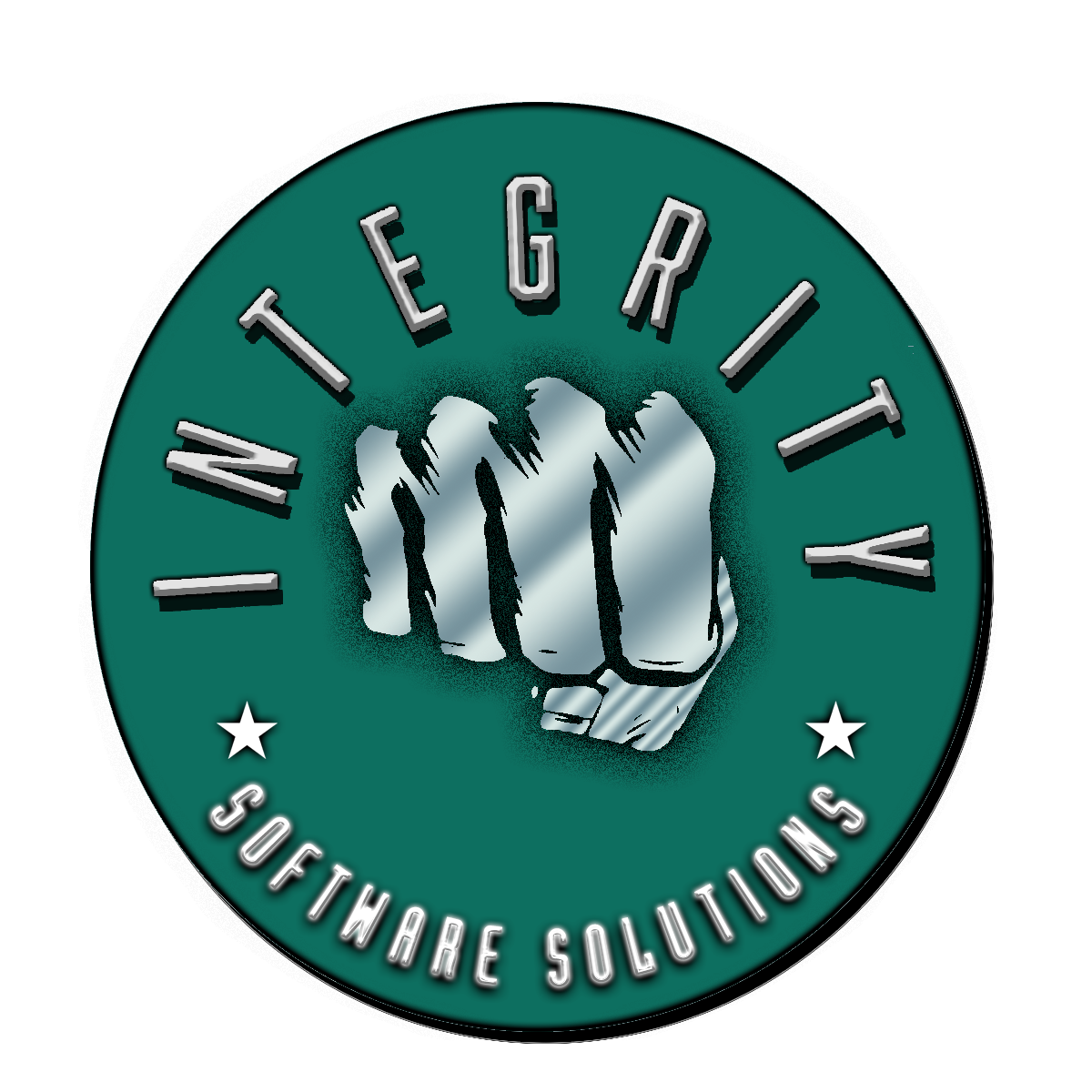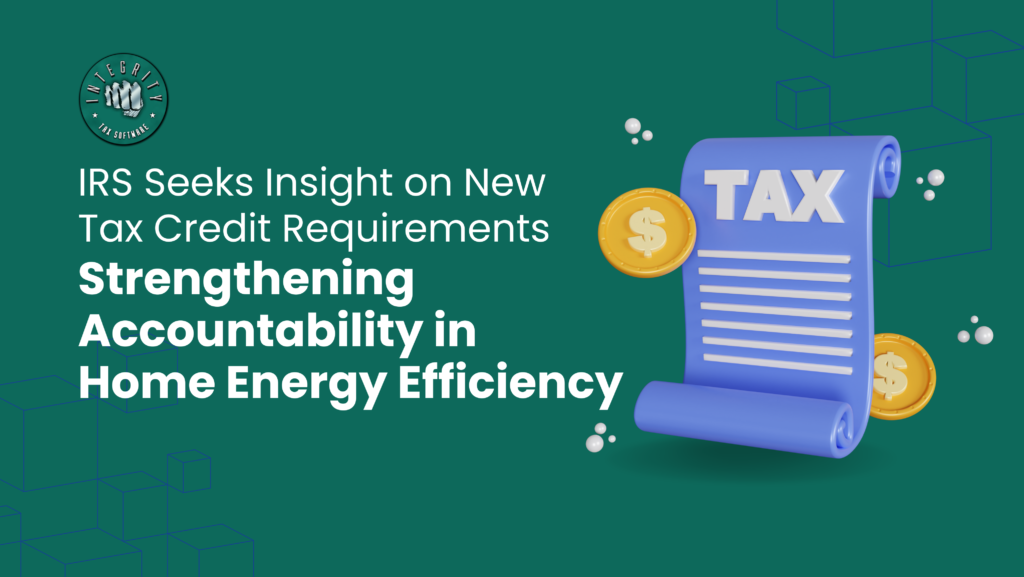In a bid to fortify the integrity of residential energy efficiency tax credits introduced by the Inflation Reduction Act of 2022, the IRS has initiated a call for public comments on the impending implementation of new product identification number (PIN) eligibility conditions. This pivotal step, set to commence in 2025, aims to ensure that only genuine and qualified products receive the associated tax credits. In this comprehensive overview, we’ll delve into the background of this new requirement, the goals it seeks to achieve, and the IRS’s outreach to industry stakeholders for valuable input.
Energy Efficient Home Improvement Tax Credit: A Recap
Enacted in August of the previous year, the Inflation Reduction Act brought about substantial changes to residential energy credits. Notably, it allows taxpayers to claim a 30% tax credit for qualifying energy-efficient home renovation expenditures spanning the period from 2023 to 2032. Eligible upgrades encompass a range of improvements, including insulation, windows, doors, heat pumps, biomass stoves, and more.
Upcoming PIN Requirement: Strengthening Credibility
Effective January 1, 2025, the tax credit for specific products will hinge on satisfying a PIN eligibility standard. Only products produced by a “qualified manufacturer” and featuring the assigned PIN on the taxpayer’s return will qualify for the credit. This requirement applies to items such as central air conditioners, water heaters, building envelope components, and other specified categories.
Objectives of the New System: Curbing Fraudulent Claims
The introduction of the PIN eligibility condition is a strategic move by the IRS to mitigate fraudulent or abusive claims. By stipulating reputable manufacturers and mandating traceable product identifiers, the IRS seeks to validate expenditures and discourage non-compliant equipment from unjustly receiving tax credits. The formal implementation of a PIN regime is envisioned to enhance the overall integrity of the credit system.
IRS Request for Public Input: Early Stakeholder Engagement
On December 29th, the IRS issued Notice 2024-13, outlining its intention to propose regulations governing the PIN requirement. Through this notice, the IRS invites early feedback from stakeholders on a range of crucial questions. These include defining “qualified manufacturer,” outlining PIN assignment processes, specifying taxpayer documentation requirements, and considerations for compliance.
Comments from stakeholders are requested by February 27, 2023, allowing for a collaborative shaping of the proposed regulatory guidance. This proactive approach ensures that industry evaluation and insights are considered before the requirements come into effect.
Potential PIN System Outlined: Seeking Practical Solutions
The notice provides a preliminary glimpse of one potential approach under consideration. Manufacturers or importers of in-scope products would apply to the IRS for unique PINs. Once approved, these applicants would furnish the assigned PINs to accompany qualifying items. Taxpayers seeking the associated credit would then be required to include these PINs in their claims.
The Significance of Industry Participation: Shaping Effective Policy
Stakeholders across relevant industries, including manufacturers, contractors, material suppliers, and taxpayers, have a valuable opportunity to engage with the IRS in the development of this model. Feedback gathered during this early phase may assist in establishing practical, enforceable standards that benefit all parties involved. Active participation from those impacted can contribute to the fine-tuning of approaches, ensuring a balance between necessary oversight and minimal disruptions.
In conclusion, the IRS is taking proactive measures to uphold the congressional intent behind the expanded scope of these energy efficiency credits. By actively seeking diverse perspectives, the regulations set to roll out in the coming year can be crafted with well-considered, balanced guidelines that support both enforcement and participation. All stakeholders are encouraged to actively shape this process from its inception for a more robust and effective regulatory framework.

